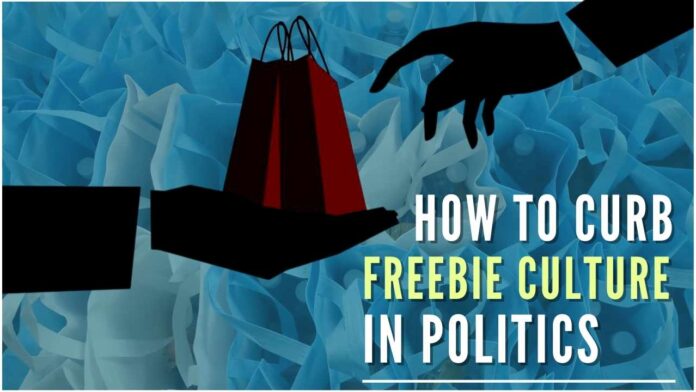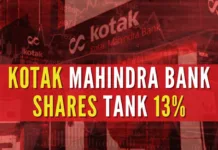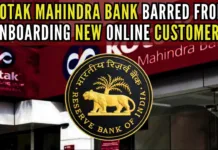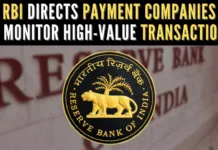
The freebie culture – a different state and different shades
Recently, based on a PIL, the Supreme Court constituted a panel of experts (consisting of NitiAyog, Finance Commission, EC, and RBI) to curb the freebie culture in politics, in wider consultation with all stakeholders including political parties, to avoid financial irresponsibility leading to economic disaster in the states and/ or the Centre. This action of the SC has come in for criticism from political parties and media.
I’m normally against the judiciary deciding on issues that are in the domains of the legislature and the executive unless legal issues are involved. But if questions are raised in the courts that concern the larger interests of the nation as in this case, the courts, esp the SC, may be justified in intervening, not by taking decisions as if they were all-knowing experts, but by setting up expert panels which can be requested to advise on the subject. Looking at it from this angle, I think the SC appears to have done the right thing.
Freebie is difficult to define objectively. There is fair justification for extending some basic benefits to the poorer sections of the society, esp since earning a living is not easy in India for a large percentage of the population. The better off are able to benefit more significantly from the government (and its infrastructure and schemes) than the poor; so freebies are a way of leveling government benefits.
Also, who all can be the beneficiaries of freebies is subjective. For example, targeting the poor runs the risk of exercise of discretionary powers by government officials irresponsibly, leading to leakages and/ or denial of some deserving. So a government may be justified in extending some freebies to even every citizen within its jurisdiction, including to the affluent, since the affluent are anyway going to pay most of the taxes.
When freebies are part of electoral politics, and not given with genuinely good intentions, politicians could be reckless and ruin the state’s/ nation’s economy, as we recently witnessed in Sri Lanka.
The more desperate a political party, the more reckless it is likely to be. Such promises also have the potential to distort the election results, unfavorably against the more responsible political parties.
And if a party comes to power making such promises, there is no way the party could be held accountable for implementing its promises; to a large extent, judgment about the implementation of promises is subjective. In any case, the party could argue that it has time to implement the promises till its 5-year tenure.
At one extreme, one-off offers of free rations during Covid times, and even recurring midday meals for students will be broadly accepted as justifiable benefits to the poor and hence need not be reckoned as freebies. In fact, they are fair and essential, without which there could even be social unrest.
At another extreme, big-ticket items such as farm and other loan waivers, recurring benefits like free electricity, water, and LPG gas to a limited extent, and one-time offers of gadgets such as TV, grinder, mixie, etc, are considered freebies by many, though there are contrasting views.
How can even an expert panel decide which of these freebies (by whatever name we may call them) can be permitted and which of them cannot be, as there is a lot of subjectivity in this? We need objective ways of making judgments about freebies.
Given that the panel set up consists of experts, I hope they re-phrase the question as to what are the responsible ways in which governments, both the Centre and the states, can offer freebies, and try to answer this in a fair and unbiased manner. This may help resolve this issue and avert economic disaster.
My view is that instead of trying to classify freebies as permissible ones and otherwise, the panel should come up with permissible economic indicators like government debt to GDP ratio (ensuring the state’s/ Centre’s ability to service the debt without strain), revenue expenditure as a percentage of government income (ensuring most of the expenses go towards productive purposes), revenue collection efficiency (actual/ budget), etc.
Any State or the Centre should be permitted to offer freebies subject to meeting the targets in respect of these indicators. The government should also be made to first set apart the money for freebies from their coffers before implementing freebies. Subject to these conditions, I think any number of freebies may be permitted. Good governments need such freedom.
This will give leeway for competent and responsible governments to offer freebies responsibly, and truly help the poor benefit from freebies, which should in turn help in improving HDIs (Human Development Indicators).
Any state whose finances are not within the permitted indicators may not be permitted to offer freebies. This will put pressure on poorly performing governments, and indirectly lead to their exit in the next elections.
Still, the question remains as to whether a political party should be allowed to make freebies as an election promise because the promise happens well before the party may be in power; so, it won’t be known a the time of the promise if the government would meet the targeted indicators and it won’t be able to set apart money for the freebies.
My view is, that this may be allowed with the Disclaimer by the party that implementation of the freebies promises will be subject to the new government meeting the set financial parameters. It is up to the political party to convince the electorate how it proposes to meet targets in respect of the financial parameters.
On how much time should be given to any political party to implement its poll promises, I think it’s best left between the party and its electorate.
Judgment on whether the promises have been met is also best left to the electorate, as there is some subjectivity, and the panel’s judgment may not be accepted by the political parties.
In my humble opinion, freebies are much smaller issues compared to good governance, towards which I had suggested a major reform, vide my Article titled, “Mother Of All Reforms; Will PM Modi Do It?”, 3 years back. If this suggestion is implemented, topics like freebies will become infructuous.[1]
Note:
1. Text in Blue points to additional data on the topic.
2. The views expressed here are those of the author and do not necessarily represent or reflect the views of PGurus.
Reference:
[1] Mother Of All Reforms: Will PM Modi Do It? – Jul 09, 2019, PGurus.com
PGurus is now on Telegram. Click here to join our channel and stay updated with all the latest news and views
For all the latest updates, download PGurus App.
- How BJP can get 33%+ vote share in TN - April 1, 2024
- A transparent, equitable electoral funding alternative - March 19, 2024
- How TN BJP can come to No. 1 or No. 2 in 2024 LS polls - January 11, 2024











Good suggestions